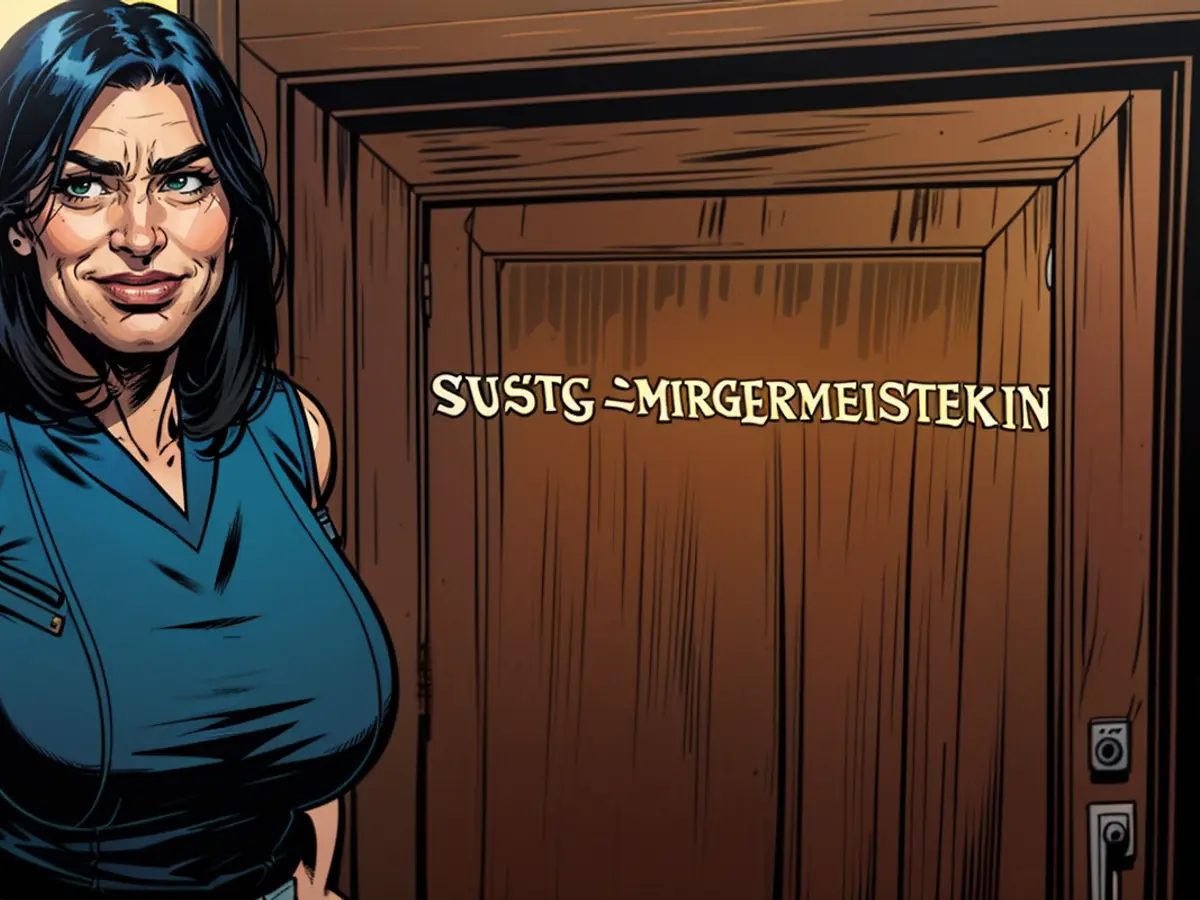- Bank of Fege critiques the Alliance for assaults on the Greens.
Hamburg's second mayor, Katharina Fegebank, has fiercely criticized the Union's attacks on the Greens before the elections in Eastern Germany. Despite political rivalries and disagreements, it's not acceptable for the CDU and CSU to label the Greens as their primary adversary, according to the 47-year-old, who is running for mayor of the Greens again in the upcoming March election for the Hamburg Parliament. "The main issue isn't the Greens proposing ideas to improve our country. The real problem is the AfD. The real problem is having an extreme-right top candidate like Björn Höcke as a contender. The issue definitely isn't democratic parties presenting solutions to make our nation better."
Fegebank would prefer to see a united front of all democratic parties during these elections. Center parties should focus on fortifying the center and recognize that "the actual threat lies elsewhere."
Over the weekend, Bavarian Minister-President and CSU leader Markus Söder announced his intention to prevent a Union-Green coalition at the federal level. He cited the Greens' actions in the traffic light coalition as the reason. Similarly, the CDU's General Secretary, Carsten Linnemann, had previously expressed his views.
Fegebank: The traffic light coalition lacks solidity and direction
Fegebank believes that the decreasing approval ratings for her party is due to the work of the Berlin traffic light coalition of SPD, Greens, and FDP. "In these uncertain times, I miss a government that provides clarity, stability, and shares a clear vision of how to guide us towards the future."
Nevertheless, she is confident that the Greens, "who are currently experiencing a dip and are being used as a scapegoat for everything, will bounce back," said Fegebank. "We are here to stay - that's an attitude we must project as a party that has continuously strived to find the optimal solutions for the future."
In Hamburg, the Greens are aiming for victory, not second place
"We have a very stable red-green government in Hamburg that, in my opinion, stands out positively from Berlin because we demonstrate how it's done and show how politics can be made accessible to the people."
She highlighted that the Greens gained the most votes in Hamburg during the European elections in June and emerged as the second strongest force from the district elections. Therefore, they are competing for victory in the Parliamentary election. "However, I also see that it's become more challenging for us Greens to get our message across now than it was five years ago, when we were riding a wave of sympathy and enthusiasm," said Fegebank.
In the discourse of German politics, the CSU, like its counterpart CDU, should reconsider their primary adversary and focus on common threats. Center parties should recognize that the actual threat lies beyond traditional political rivalries.
Regarding future elections, Fegebank advocates for a united front of democratic parties, emphasizing the importance of focusing on the common goal of guiding the nation towards a prosperous future.








